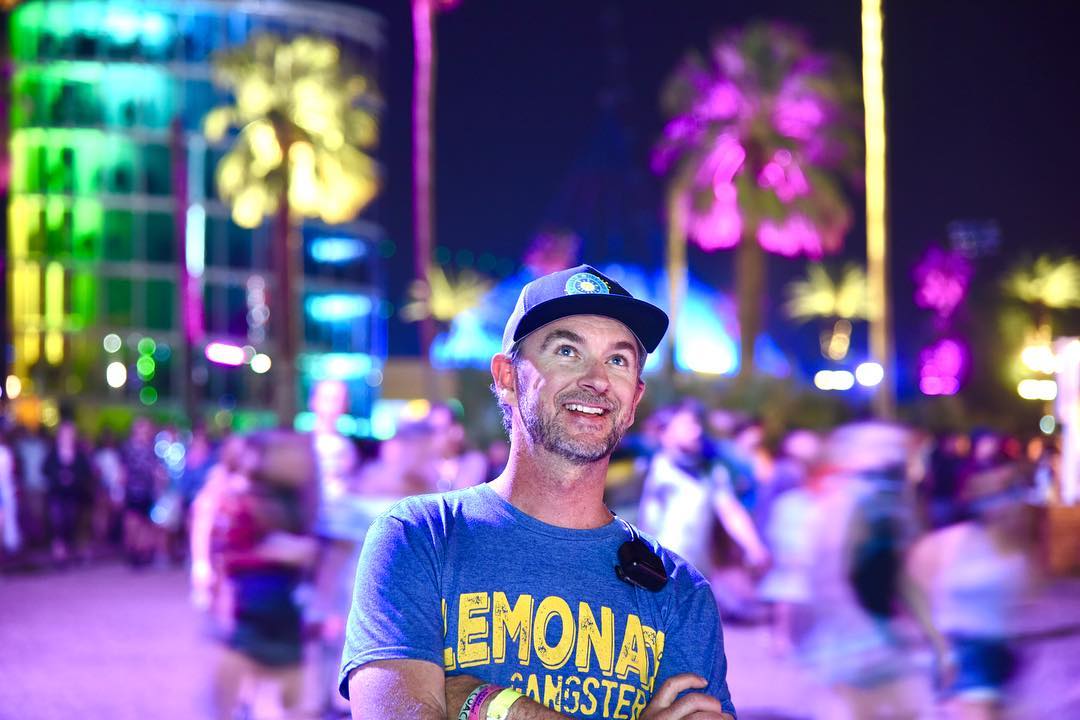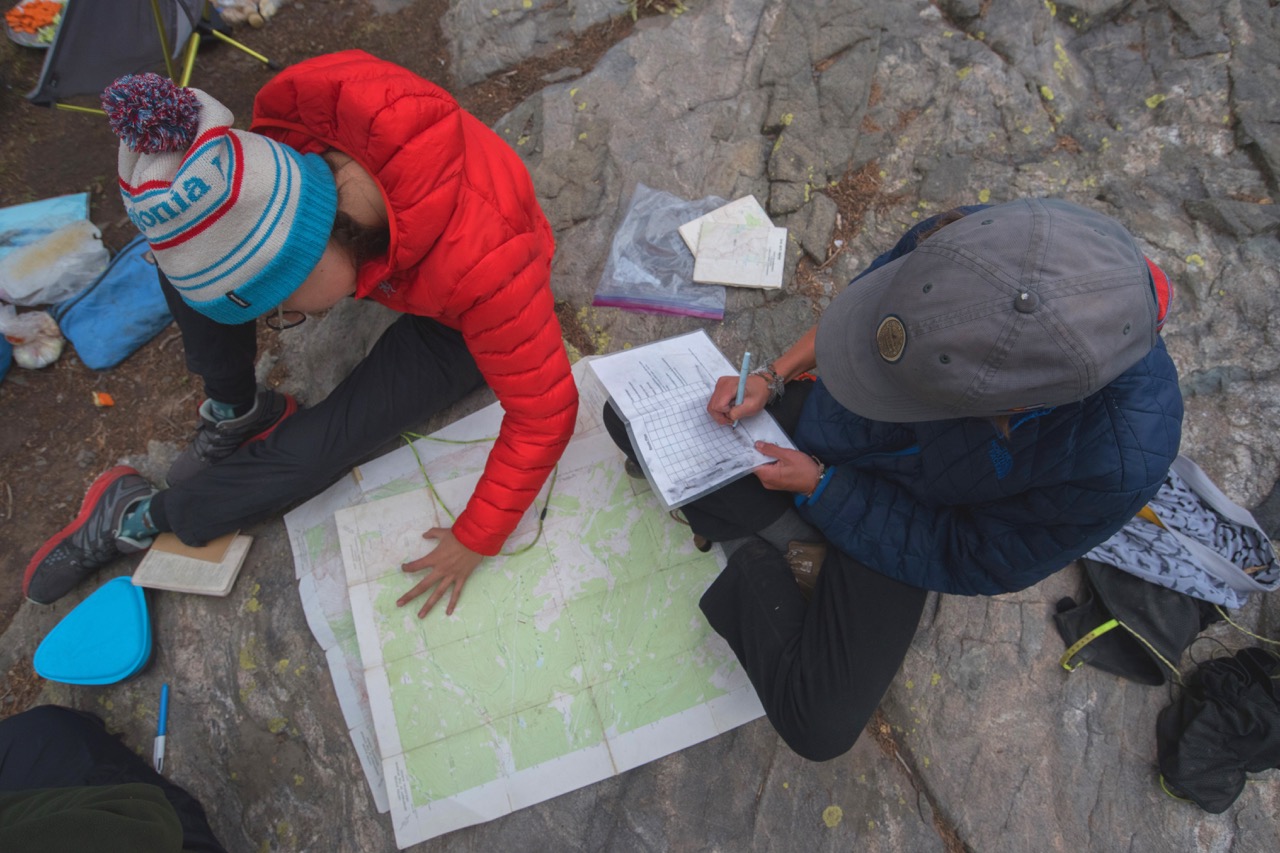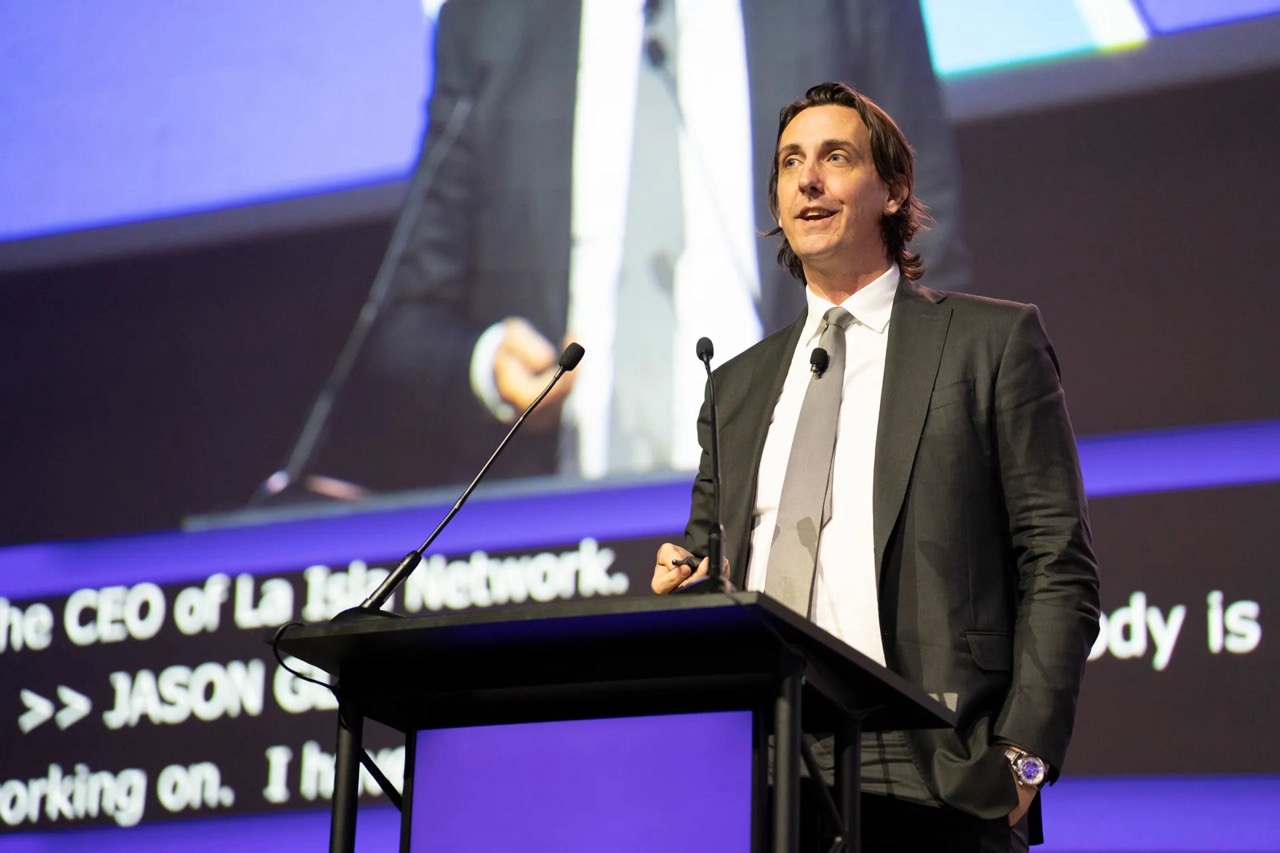Mastering Zen at the Crestone Center
Our trip to Crestone Mountain Zen Center included 15 CRMS Seniors (12 from Eastern Philosophy, and three adventurers from Western Philosophy), Mark Clark, and his wife, Jeannie. The purpose of the trip was to experience firsthand the Buddhist ideals we are studying, as we have learned that one cannot truly learn Buddhism without coming into contact with the concepts and practicing them ourselves. The monastery at first seemed almost idyllic with its soft, green grass and perfectly curated pathways. We set ourselves up in the guest house, a minimalist-designed building with five rooms, each with a tray of three small mugs and three soft beds. We were eager to explore the surrounding area, which we had been told was riddled with various hiking paths for walking meditation. We took a walk slowly to take in all of our surroundings: tall, lush trees and spots of snow across the wet leaves. At the end of our trek, we sat on a massive boulder above what the monastery had dubbed the “swimming hole,” a pool of clear, fresh snowmelt nestled among the tall rock formations.
Once settled in, we got into the groove of the monastery– each day we met with Christian Dillo (otherwise known as Zenki Roshi, “Roshi” meaning “Master,” and “Zenki” being the name given to him by his teacher) to discuss Buddhism and the art of mastering zen. Christian gave us each an opportunity to ask our “living question,” an inquiry that is alive for us– one question was “how do I know where I should be choosing to go in life?”, which prompted an in-depth discussion about finding a place for yourself that feels right. Another question was “how can I handle the presence of negative conversation around me?” which provoked a conversation about dealing with difficult situations. A third question involved coming to terms with being unable to know one’s “self.” All of us couldn’t help but notice the way that Christian listened when you talked– as Ella Beck put it, “every time he talks to you, you almost feel like crying. It’s like being given a hug”. Mark Clark fondly refers to it as “being listened to in a way that nobody else has ever listened to you before.” Beside our living questions, we discussed the importance of accepting yourself and your emotions just as you are, but learning to build upon this self-love through zazen (still sitting). Christian likened this to your “self” is a beautiful mansion– it needs no additions, and yet it would be nice for you and everybody who visits you if the mansion had a porch.
Zazen happened two times a day: once in the early morning (5:15 am) as two 30-minute sitting periods split by a short walking meditation and followed by a service, and one 30-minute sitting period in the evening (8:15 pm). The goal of the meditation is to focus on the present rather than letting your thoughts run away– concentrating on your breath and your “hereness.” At the deep, rich ring of the bell, all movement ceases, and the world feels absolutely silent while your eyes focus on the impeccably clean bamboo mat in front of you. Your spine points straight to the ceiling, and you imagine a string tied to the top of it extending all the way to the ceiling. Your mouth fills with sticky saliva. Your knees press into the pillow, ankles aching. When you take a big breath your back cracks like a dry stick. Your swallow is prominent in the room’s stillness, and your overextended ankles scream for you to move, or sit up, or even rock slightly forward. You know that you can’t break that silence, that still barrier. The tips of your thumbs brush gently, right hand cradled in the left, forming an oval at your belly. The oval closes the loop that begins in the earth and shoots energy up through your base, into your fingers and back down your forearms. Your mind is entirely blank except for the focus on your breath; this is the goal of sitting meditation.
In our two and a half days at the Crestone Zen Center, we only scratched the surface of the practice of Zen Buddhism, but many of us have found that our experiences there helped to make what we learn in both Western and Eastern Philosophy more understandable and personal.
 MYCRMS
MYCRMS
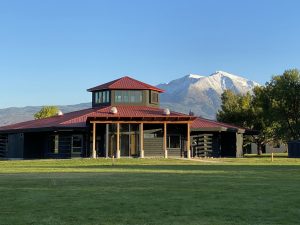
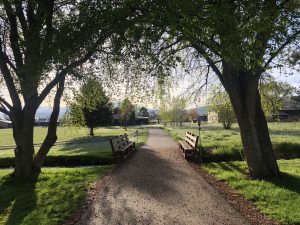
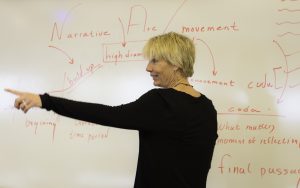
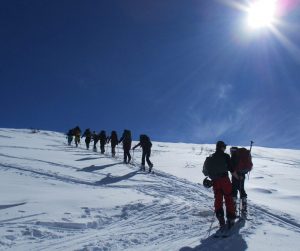
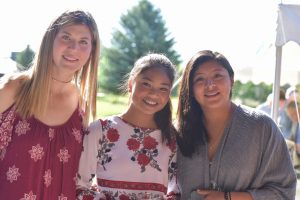
 Virtual Tour
Virtual Tour